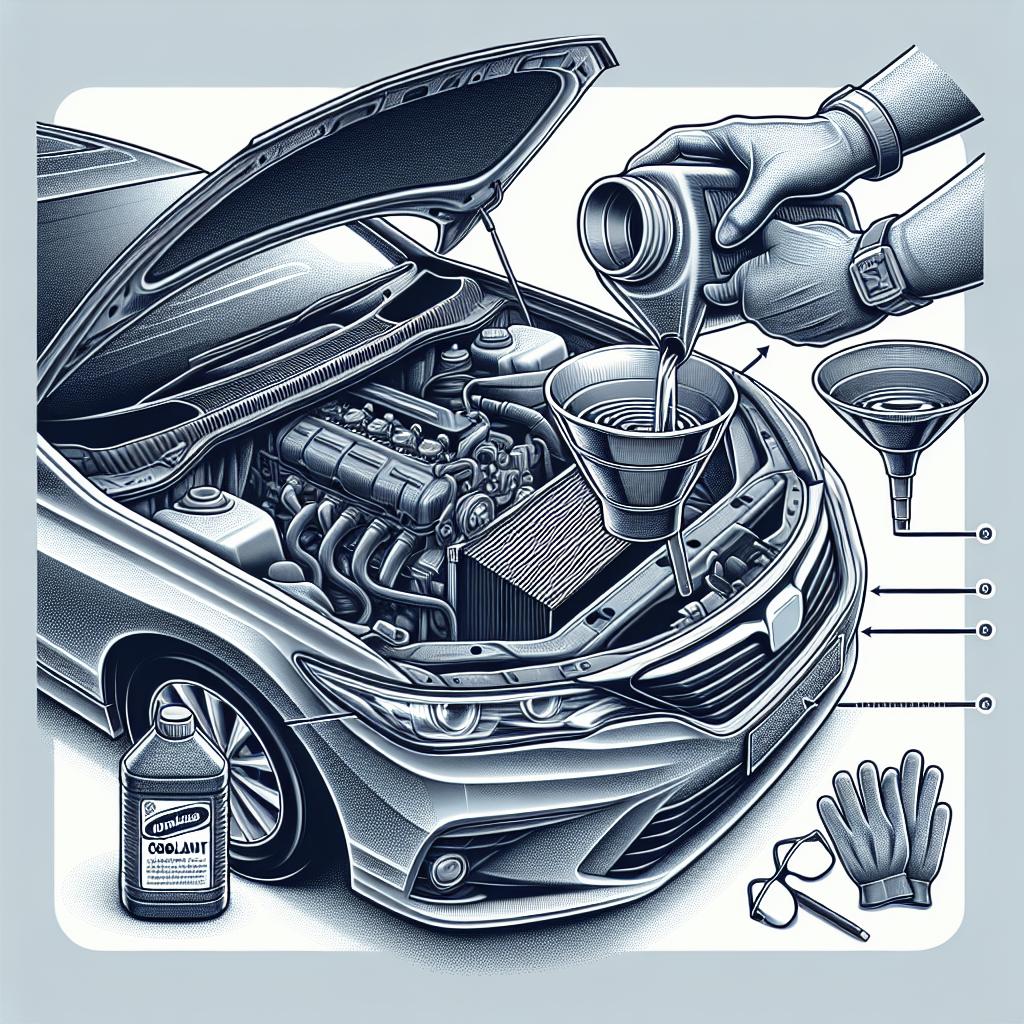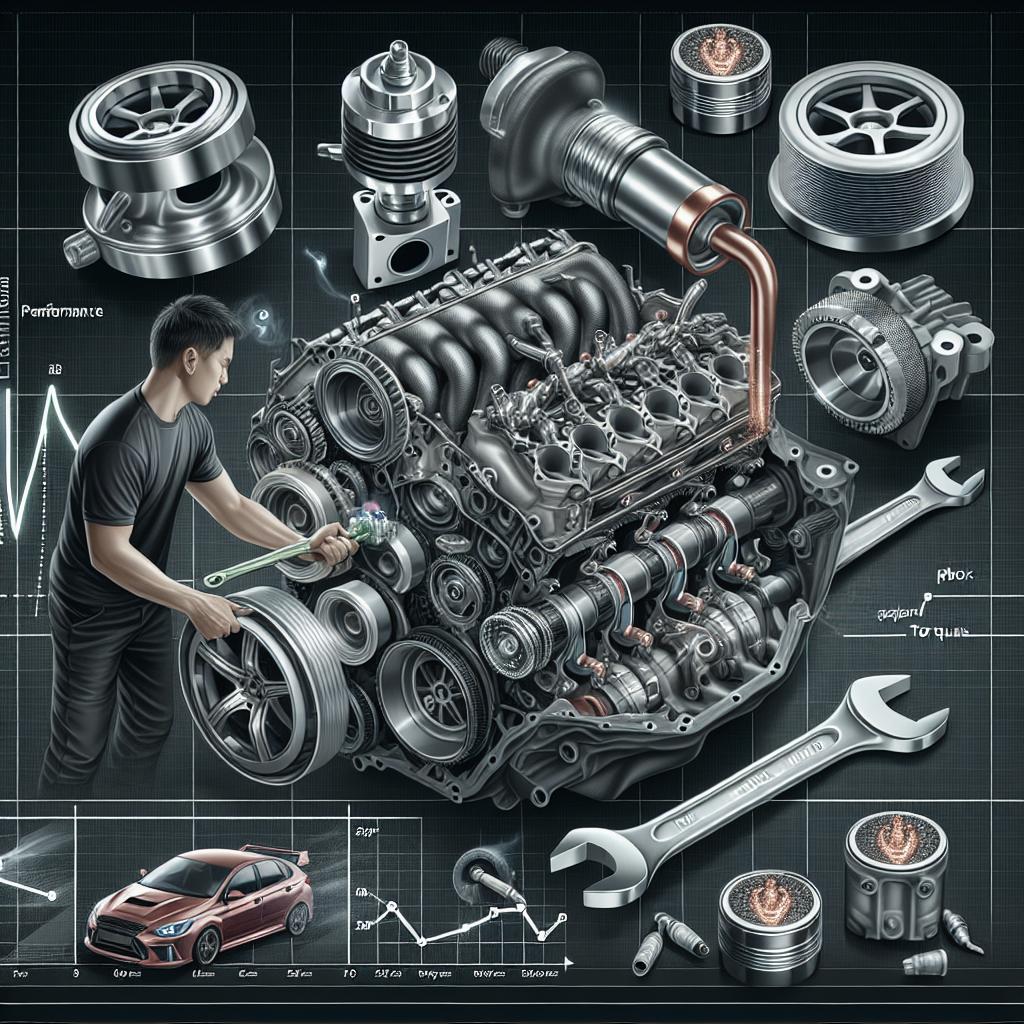“`html
Common Signs of Engine Problems
Your vehicle’s engine is the heart of its performance. Any problem with the engine can lead to decreased efficiency, safety hazards, and costly repairs. Recognizing the signs of engine failure early can save you from unexpected breakdowns and expenses. In this comprehensive guide, we’ll explore the top 10 signs of engine problems, such as excessive smoke, strange noises, and loss of power, among others. We’ll also address the implications of these issues under the Lemon Law and introduce the Lemon Law Experts who can assist you with your rights as a consumer. Stay informed with our recent posts section for more helpful advice on vehicle maintenance and consumer protection. By understanding these signs, you can take proactive measures to ensure your engine’s longevity and avoid being stranded on the road.
Top 10 Signs of Engine Failure to Look Out For
1. Excessive Smoke
One of the most apparent signs that something is amiss with your vehicle’s engine is excessive smoke. This could be black, white, or blue, each indicating a potential issue. Black smoke typically suggests an overly rich fuel mixture, in which there is too much fuel and not enough air, leading to inefficient combustion.
White smoke might indicate a leak in the engine’s coolant system. This coolant may be entering the engine cylinders and burning, which is often symptomatic of a blown head gasket. On the other hand, blue smoke points towards oil that is leaking into the combustion chamber. Address these smoke issues promptly to avoid engine damage.
2. Strange Noises
Unusual noises coming from your engine are not to be ignored. These might include knocking, pinging, or grinding sounds that suggest internal components are worn out or improperly functioning. Often, a knocking noise indicates that the engine bearings are worn, which might cause extensive damage if not rectified.
Pinging or knocking noises can also point to issues with the ignition timing in the engine or using gasoline with a lower octane than the engine requires. A visit to a mechanic is advisable when you notice such noises, as they can diagnose the problem more precisely.
3. Loss of Power
A noticeable drop in your vehicle’s power, especially during acceleration, can be a clear indicator of engine problems. This loss of power can make driving risky, especially at highway speeds or when overtaking other vehicles.
Causes can range from clogged fuel or air filters, which can restrict airflow and fuel to the engine, to more serious issues like failing internal engine components. Prompt attention to any loss of power is crucial to maintaining your vehicle’s performance and safety.
4. Poor Fuel Efficiency
Declining fuel efficiency without additional weight or different driving styles could be signaling that the engine isn’t operating properly. An engine that consumes more fuel than usual can significantly impact your budget and is often a symptom of a malfunctioning part.
Common culprits include clogged air filters or spark plugs that aren’t firing correctly, leading your engine to work harder than it should. Regular maintenance checks can help pinpoint these issues before they translate into inefficient fuel consumption.
5. Engine Stalling
If your vehicle experiences frequent stalling, it’s a clear sign to have your engine inspected. Engine stalling can occur for a variety of reasons, such as faulty spark plugs or fuel pumps that fail intermittently.
Stalling can be dangerous, particularly in traffic or while navigating intersections. If stalling occurs often, it is vital to consult a mechanic to diagnose the specific cause and ensure your safety on the road.
6. Overheating
An overheating engine is not just a minor inconvenience but a serious issue that can lead to engine damage. Overheating often results from a faulty radiator, water pump, or a bad thermostat that prevents coolant from circulating correctly.
Consistently high engine temperatures can warp engine components or cause the engine to seize. Keeping an eye on your temperature gauge and regularly checking coolant levels can help prevent dramatic temperature spikes.
7. Oil Leaks
Oil is essential for lubricating the engine’s components, so noticing oil leaks can be an ominous sign. Leaks can appear under the vehicle after it has been parked due to degraded seals or gaskets.
Continuing to operate an engine with low oil levels due to leaks can lead to friction and eventual internal engine failure. It is prudent to have any leaks repaired promptly to maintain engine health.
8. Check Engine Light
The check engine light in your dashboard is programmed to illuminate at the first sign of trouble within your vehicle’s engine system. Though it can be alarming, it doesn’t always mean catastrophe but should not be ignored.
Modern vehicles come equipped with onboard diagnostics, making it easier for mechanics to pinpoint issues signaled by the check engine light. Addressing these issues sooner rather than later can prevent more severe engine damage.
9. Bad Odors
Unpleasant smells emanating from the engine are often symptomatic of underlying problems. A burnt smell could indicate overheating, while a sweet smell might suggest a coolant leak.
Sometimes fuel smells can be prominent, pointing to a fuel system leak, which requires immediate attention. Ignoring such odors could lead to more significant issues and potential safety hazards.
10. Vibrations
Excessive and unusual vibrations while driving or when the vehicle is idle is another clear sign of potential engine trouble. These vibrations may be caused by faulty spark plugs, uneven cylinder compression, or damaged engine mounts.
Vibrations not only affect driving comfort but can exacerbate mechanical issues if not checked in due time. Have a professional examine these vibrations to diagnose and rectify the root cause.
Engine Failure and Lemon Law
When persistent engine failures occur in a new or recently purchased vehicle, they may qualify as a “lemon” under the Lemon Law. The law is designed to protect consumers if a manufacturer cannot repair a car within a reasonable number of attempts.
This protection is crucial for consumers who face repeated malfunctions, offering them recourse such as a refund or replacement vehicle. Understanding your rights under the Lemon Law can be an essential step if you face continuous engine issues.
Get Help from the Lemon Law Experts!
Encountering repeated engine problems can be frustrating, but you don’t have to face it alone. Lemon Law Experts can offer guidance on your rights and assist in navigating the complexities of state and federal laws.
Their expertise ensures that you receive fair compensation or a proper resolution in cases of recurring vehicle issues. Don’t hesitate to reach out to professional services that specialize in Lemon Law cases to ensure your rights are protected.
Recent Posts
- Tips for Better Vehicle Maintenance
- Understanding Vehicle Warranties
- How to Deal with Vehicle Recalls
Next Steps
| Sign | Possible Causes | Action |
|---|---|---|
| Excessive Smoke | Rich fuel mix, coolant or oil leaks | Consult mechanic immediately |
| Strange Noises | Worn bearings, incorrect ignition | Have diagnostics done |
| Loss of Power | Clogged filters, internal damage | Conduct thorough engine inspection |
| Poor Fuel Efficiency | Clogged air filters, bad spark plugs | Routine maintenance |
| Engine Stalling | Faulty spark plugs, fuel pump issues | Immediate mechanic visit |
| Overheating | Radiator, water pump failures | Check coolant levels and system |
| Oil Leaks | Degraded seals or gaskets | Fix leaks quickly |
| Check Engine Light | Various system errors | Electronic diagnostics needed |
| Bad Odors | Coolant, oil, or fuel leaks | Investigate immediately |
| Vibrations | Faulty plugs, uneven compression | Have examined by professional |
“`


